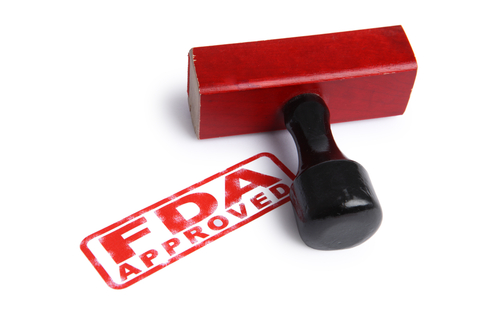California-based Amgen, Inc. recently received final approval from the US Food and Drug Administration for injectable Repatha (evolocumab), indicated for patients who cannot regulate their low-density lipoprotein (LDL) cholesterol despite traditional treatment options.
This approval marks the second FDA-approved drug in an emerging class of therapeutics known as PCSK9 inhibitors, which work in conjunction with a modified diet and maximally-tolerated statin therapy among adult patients known to have heterozygous familial hypercholesterolemia (HeFH), homozygous familial hypercholesterolemia (HoFH), or clinical atherosclerotic cardiovascular disease, such as heart attacks or strokes, who require additional lowering of LDL cholesterol.
Genetic or familial hypercholesterolemia causes high levels of LDL cholesterol – the type associated with cardiovascular or heart disease. Today, heart disease still ranks as the leading cause of death among Americans. According to the Centers for Disease Control and Prevention, approximately 610,000 Americans die of heart disease every year – which is one in every four deaths.
“Repatha provides another treatment option in this new class of drugs for patients with familial hypercholesterolemia or with known cardiovascular disease who have not been able to lower their LDL cholesterol enough with statins,” said John Jenkins, M.D., director of the Office of New Drugs, Center for Drug Evaluation and Research. “Cardiovascular disease is a serious threat to the health of Americans, and the FDA is committed to facilitating the development and approval of effective and safe drugs to address this important public health problem.”
Repatha, an antibody, works by specifically targeting a protein called PCSK9, which decreases the amount of liver receptors responsible for down regulating LDL cholesterol in the blood. This mode of action enables more liver receptors to dispose of circulating LDL cholesterol from the blood, effectively lowering levels of harmful cholesterol.
The drug’s efficacy and safety was determined during a placebo-controlled trial that lasted 52 weeks, 8 12-week placebo-controlled trials in participants with primary hyperlipidemia, 2 studies that involved patients with HeFH, and a single trial that involved patients with HoFH. During one of the 12-week studies, 329 patients with HeFH were randomized to receive the drug for 12 weeks. At the end of the study, those who had been taking Repatha were found to have a mean reduction in LDL cholesterol of approximately 60 percent, compared to those who received a placebo.
The most common side effects of Repatha include nasopharyngitis, upper respiratory tract infection, flu, back pain, and reactions such as redness, pain, or bruising where the injection is given. Allergic reactions, such as rash and hives, have been reported with the use of Repatha. Patients should stop using Repatha and get medical help if they experience symptoms of a serious allergic reaction.


